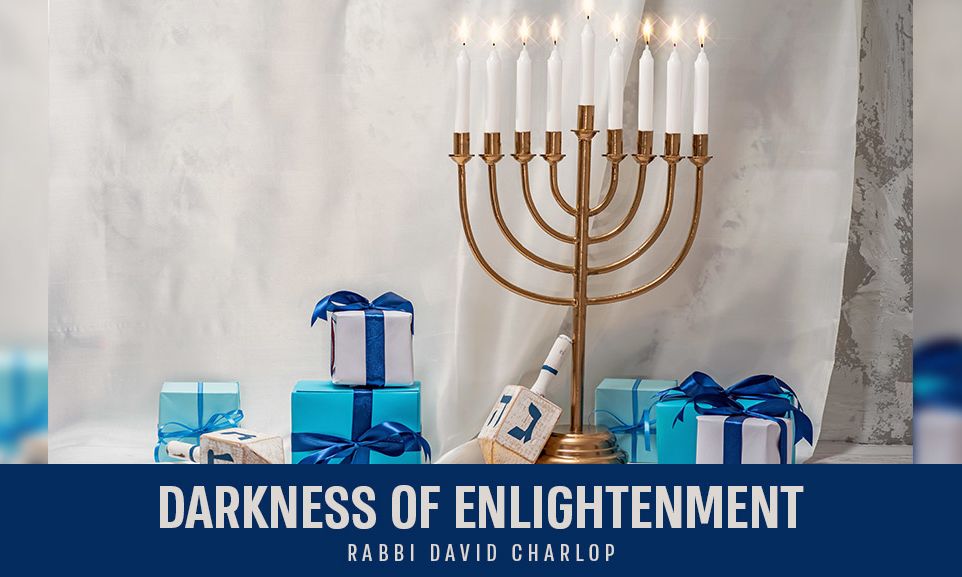
Darkness of Enlightenment
In the world of intellect, the natural draw to the Divine and life itself slowly becomes silenced. We are left with brilliant minds in a world where value can’t be proven...

The intellect is a tool to be used but it can’t prove definitively if we do or don’t have free choice. The soul, on the other hand, knows that we have free choice. Because of this, we intuitively sense the reality of what the Torah teaches us, that undoubtedly we have free choice.
How does this relate to Chanukah?
There is a fascinating and fairly well known teaching of our Sages on the second verse in the Torah “And the earth was astonishingly empty with darkness on the surface of the deep, and the spirit of Hashem hovered upon the surface of the water.” This enigmatic verse hints to many profound teachings. One of them is the future history of the Jewish people. Without getting into the technicalities of the text, our Sages teach that this verse encompasses the four exiles the Jewish people would eventually experience and their final redemption and the coming of the Mashiach, speedily in our days.
What is relevant to our discussion is the verse’s description of the third exile. According to our Sages, the word “darkness” refers to our third exile, our oppression under the hands of the Greek Empire. On a simple level the reason the Greek occupation of Israel is referred to as darkness is due to the harsh decrees they imposed upon us during their occupation of the Holy Land. At that time, they forbade keeping Shabbat, circumcision, among many others commandments.
Even assuming this explanation, there are still two basic difficulties with the term “darkness” to refer to the Greeks. First, throughout our history, many nations made harsh decrees against us. Life under the Babylonians, Persians, Assyrians, and others was filled with hardship. So why were the Greeks and their decrees specified as “darkness”?
Secondly, and possibly more problematic, is the use of the term “darkness” for what was considered the most enlightened people of that time. Art, literature, and culture flourished during the years of Greek Empire. Greek philosophy and literature are still read and held to be sources of our worldview. Why did the Sages classify this exile as “darkness”, especially when we consider their contribution to world history as just the opposite?
There are numerous approaches to this question but I would like to suggest one that was an outgrowth of a recent discussion I had with one of our students. This particular discussion clarified this issue plus another question that has bothered me for quite some time.
During this particular talk the student raised an old question: Why do we keep the Torah? When we investigated further, he really was asking why do we do anything? His questions were somewhere between an existential crisis and being bored with the world. Before I share my response, please don’t think I’m about to reveal the secret to existence. I can tell you that I wasn’t really sure what to say him. (I think because I wasn’t really sure what to tell myself!)
Together, we came up with the following idea. If one considers, on a purely intellectual level, why life is worth living, it can be a pretty tricky maze to get through. Because at every turn, the mind can respond: “Who said?” or “That’s your opinion”. I usually find such discussions, internal or external, an act of frustration.
When we probed further, I asked him if he wants to love someone, if he wants to share in the joys of life, if he wants to have a warm and caring relationship with his family. On all of these questions the response was positive. It struck me that his soul (neshama) was talking, not his brain. The holy soul that Hashem put into each of us is drawn, like a magnet, to life. We can’t really explain or intellectualize the response, but we want life. It doesn’t need a philosophical clarification. The Source of Life breathed into mankind the love and desire for life. Sometimes, people become detached from that inner voice and aren’t pulled to life and living. But then it hurts inside because there’s a holy voice screaming to be released and embrace the universe and all its blessings.
How does this relate to Greece and Chanukah?
Greece was the source of intellectual greatness. In a world that, up to that point, was worshiping stars and bowing down to trees, their intellectual rigor was like a slap in the face to mankind. It woke idolatrous nations out of their foolishness and called upon man to investigate his world. But with all of their positive accomplishments, there was a hidden, negative reality, a real “darkness”.
No longer was the soul the compass to draw us to life. No longer was our inner voice and the Divine soul the measuring rod to value. The mind became the arbiter of society. And when the mind becomes king, the natural draw to the Divine and life itself slowly becomes silenced. We are left with brilliant minds in a world where value can’t be proven and, ultimately, is viewed as relative. And that, our Sages teach us, is darkness. The other exiles also issued harsh decrees but no other empire undermined the source of truth and value.
So this Chanukah we should reflect on Hashem’s gifts, the gift of Torah which gives the Jewish people and mankind a guiding light to truth and morality and the gift of a holy soul which has the ability to “see” this light.
This is what the light of the menorah represents; the simple precious light of our souls that can light up even the most terrible darkness. And soon that light will grow and ignite into the bright light of the knowledge and awareness of Hashem’s mastery of the universe. May we see it soon.
* * *
Rabbi Dovid Charlop is on the teaching staff of the Neve Tzion Yeshiva in Telzstone, Israel.


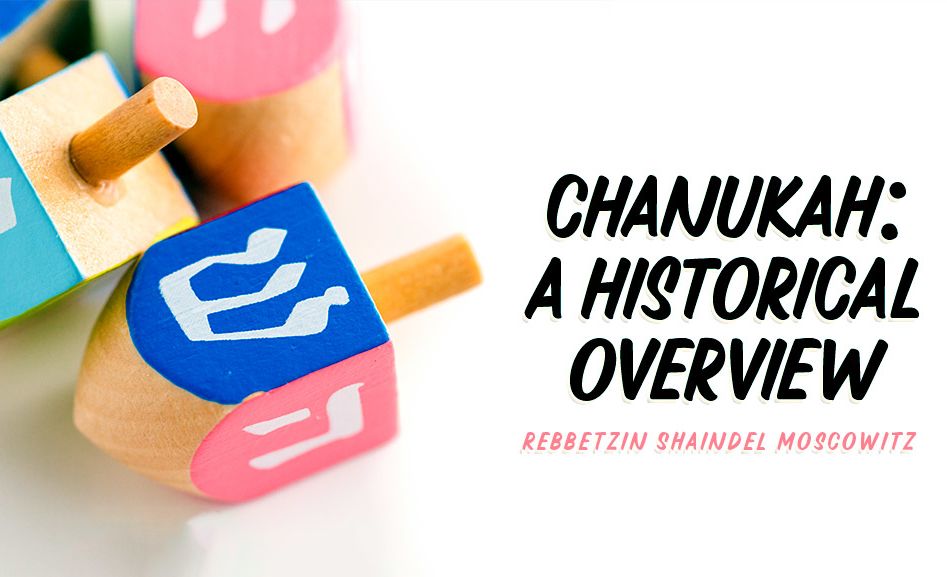
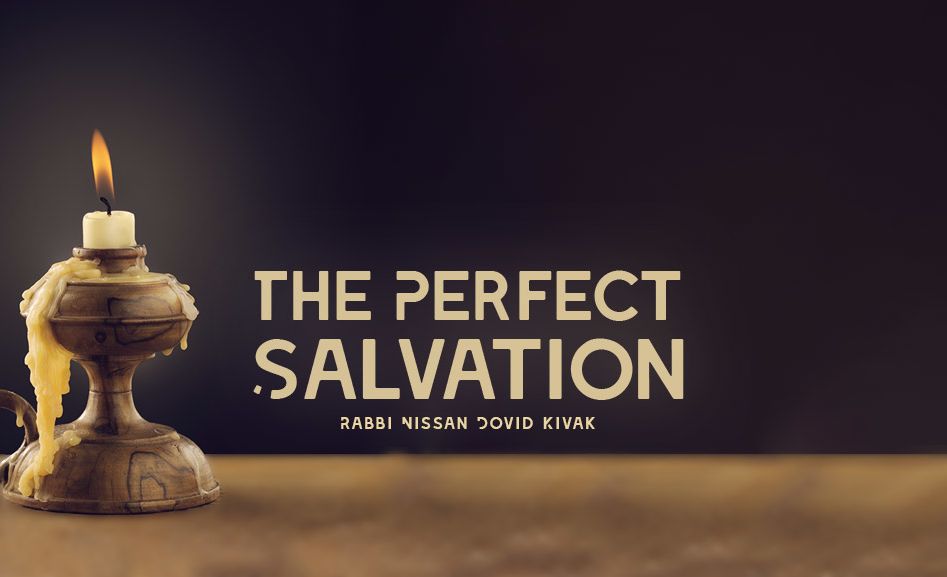
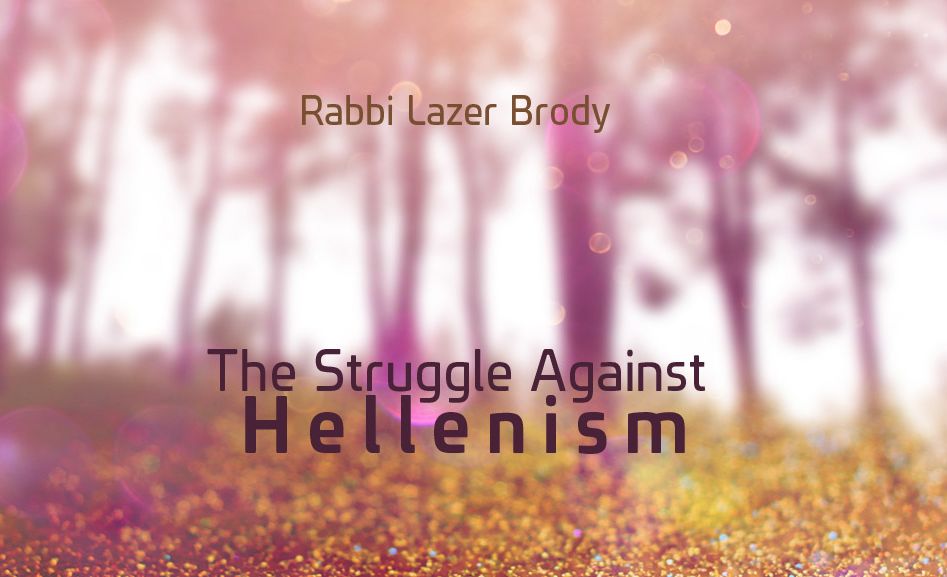
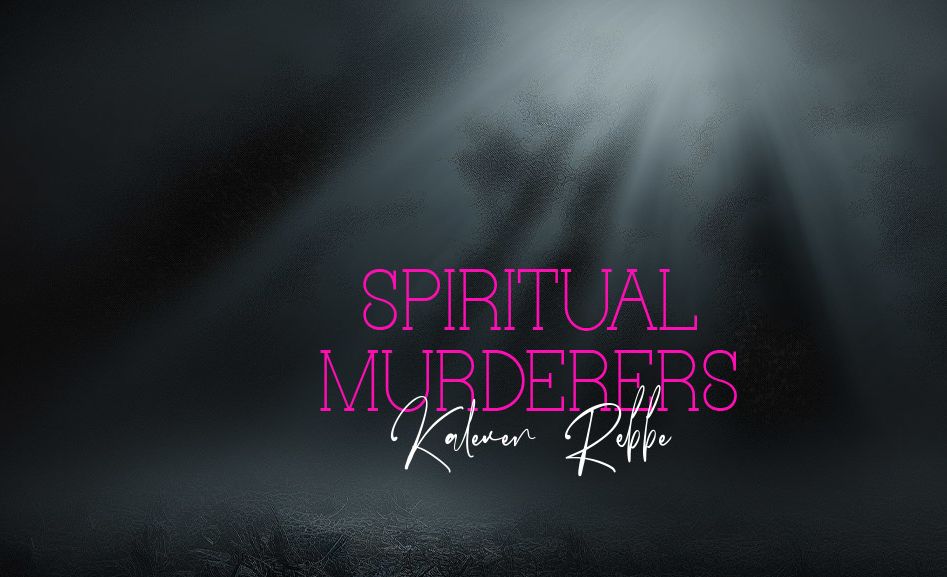


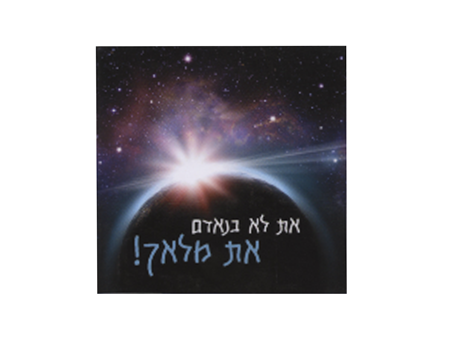


12/06/2023
How timely this article is!
We are witnessing the darkness of America’s most prestigious educational institutions (Harvard, MIT, U. Penn) as they condone blatant antisemitism on their campuses.